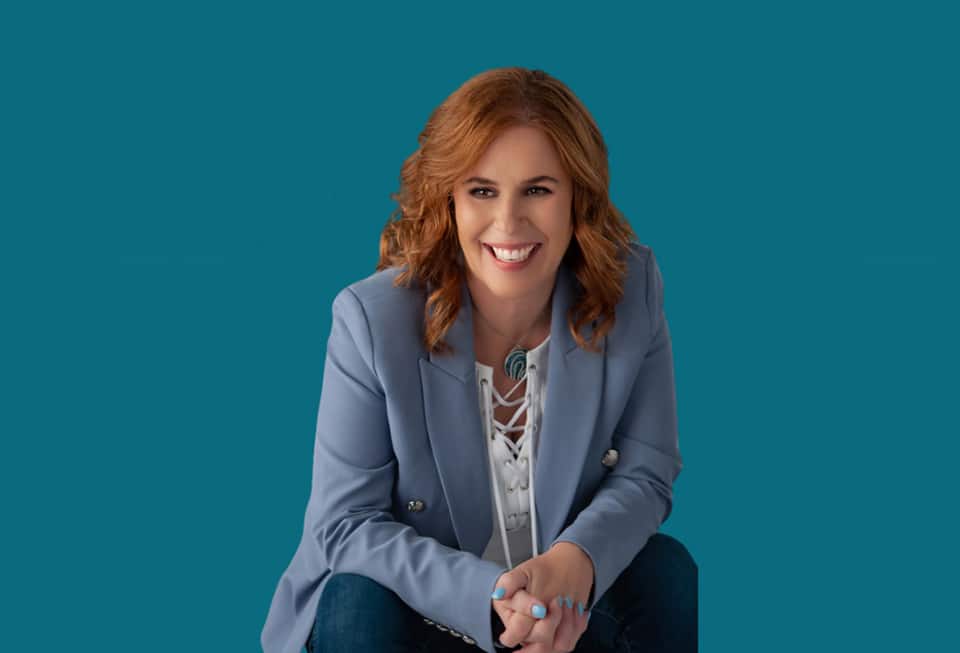Autism Is Just a New Language – A Deep Dive into Pamela Furr’s Unique Perspective

Autism is often described as a mysterious and enigmatic condition. It has long puzzled both researchers and the public. For many, autism remains shrouded in misunderstanding and uncertainty. Pamela Furr, a voice for children on the spectrum, offers a unique perspective that may help us understand autism easily.
Autism should be seen as a different form of communication, not a mysterious illness.
In her view, autism is like a foreign language you must practice routinely to become proficient. You will begin to grasp bits and pieces of this language as you spend more time studying it.
Once we can understand this concept, we’ll see individuals on the spectrum very differently. Imagine a new neighbor. You greet them with a friendly “Hi,” but they respond with a mere look because they don’t speak English. Do you avoid them, isolate them, or find a way to communicate? The analogy is clear: individuals on the autism spectrum are not unwell; they simply speak a different language.
Recognizing this, we can see them as part of our societal “tribe.” We won’t consider them as people with disabilities. Rather, we’ll start looking at them as healthy people but from a different culture.
Like interacting with people from different countries, we learn to coexist and communicate with them, and Furr believes the same principle should apply to individuals with autism. She argues that this is our hope for continued societal evolution. “Alienating those with autism does not benefit them or us,” she asserts. The key to progress, in her eyes, is inclusion.
1 in 36 children falls on the autism spectrum. The chances are that everyone knows someone who sees the world through this unique perspective. That’s why exclusion will never work in helping autistic people. The only way forward is to translate their language and ours into theirs.
Another striking observation that Furr shares is that individuals with autism often see the world differently than those in a neurotypical setting. They tend to understand concepts of community and unity more deeply. This perspective challenges the conventional notions of color, sex, and religion. It also becomes a natural barrier to bullying.
That said, it also raises the question: Should we categorize autism as a disease? On paper, classifying someone as ill just because they communicate differently, learn differently, and perceive their surroundings differently seems odd. It’s an intriguing perspective that prompts us to reevaluate our understanding of this condition. However, this topic requires a debate. It can’t be tackled with just a single point of view.
In her book Can You Hear Me Now, Furr discusses her perspective in detail. She also highlights we must train the population to recognize the uniqueness of autism. Instead of alienating each other further, we should learn our languages and bridge our communication. We can adapt our interactions to suit the diverse minds of our kids, students, clients, and loved ones without forcing them into a one-size-fits-all mold.
In conclusion, Pamela Furr’s view on autism as a unique language challenges us to rethink how we approach and interact with individuals on the spectrum. Breaking stigmas, changing mindsets, and adopting inclusion offer a roadmap for a more accepting society. Ultimately, we must decide how to embrace this new concept and work toward a more inclusive future for all.
Have you read?
Ranked: These are the best countries in the world for digital nomads and expatriates, in 2024.
Ranked: Countries with the Highest and Lowest Depression Rates, 2024.
Ranked: Countries with the Highest and Lowest Doctors Per Capita, 2024.
Ranked: Countries with the Highest Smoking Rates, 2024.
Ranked: These countries have the least access to safe drinking water in the world, 2024.
Add CEOWORLD magazine to your Google News feed.
Follow CEOWORLD magazine headlines on: Google News, LinkedIn, Twitter, and Facebook.
Copyright 2024 The CEOWORLD magazine. All rights reserved. This material (and any extract from it) must not be copied, redistributed or placed on any website, without CEOWORLD magazine' prior written consent. For media queries, please contact: info@ceoworld.biz








